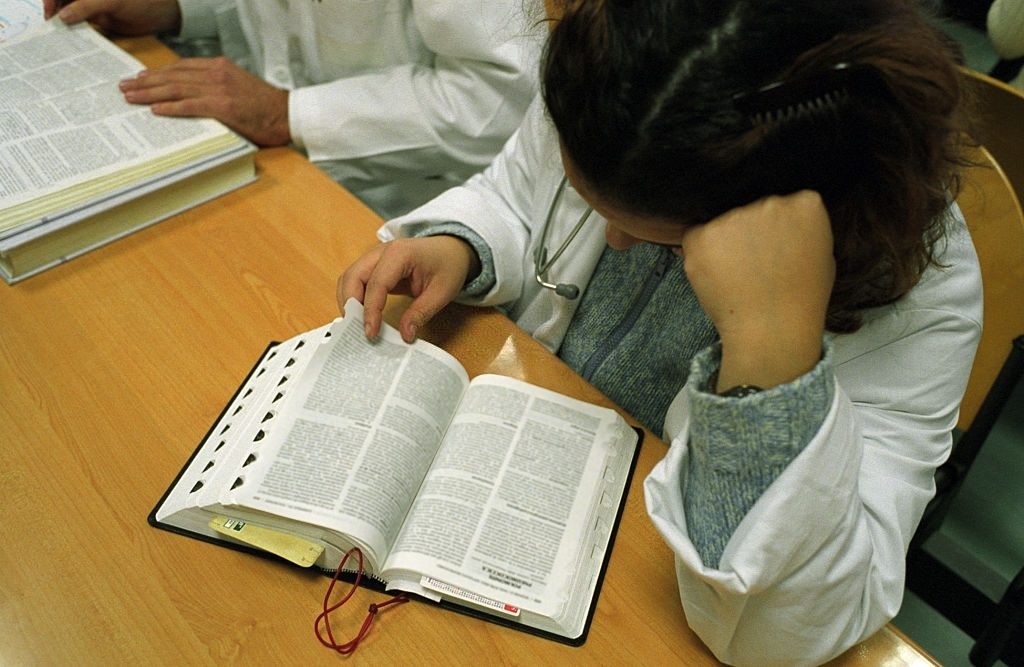Event News
Research Mode or Mixed/Coursework Mode for Postgraduate Programs?

Postgraduate programs may be either coursework or research-based. There is a significant difference between these two types of programs, and one could be better suited to your objectives than the other.
Course-based Masters Degrees are taught through lectures, lab work, workshops, or distance learning, while research-based Masters Degrees enable students to conduct their research projects in a specialized area. Research-based postgraduate programs usually take longer to complete than course-based programs.
Continue reading to learn the main differences between course-based and research-based master’s degrees, and hopefully, this article can assist you in deciding which is best for you.
Coursework programs have a structure that includes core, elective, and optional units, and they include enrolment in these units, attendance for all scheduled classes, and assignment completion.
Online study is now available for some postgraduate courses, and attendance is not needed. The majority of coursework-based master’s programs provide study and may include the completion of a minor thesis.
On the other hand, research-based programs are awarded after completing a major thesis, which entails conducting independent original research under the supervision of a senior academic.
Students may complete additional units to broaden their knowledge, although this is determined on a case-by-case basis. Reports from students/supervisors to the appropriate graduate studies committee evaluate course progress rather than mandatory assignments.

Coursework-based Masters or Taught Master’s Degree
Master’s degrees that are taught are identical to undergraduate degrees. They consist of lectures, practical’s, and work seminars that offer a series of taught modules. You will be evaluated on the skills and expertise you have gained after completing these modules.
Coursework, tests, community tasks, and dissertations are used to assess students. Depending on the subject of research, you will be awarded a Master of Arts (MA), Master of Business Administration (MBA), or Master of Science (MSc) degree after your course. In contrast to popular belief, an MBA is purely a coursework-based program (not a research-based program).
Research-based Master’s Degree
Master’s degrees in science include learning by research. Many funding bodies only grant money to Ph.D. students who have completed research programs, so research-based degrees are seen as useful training for pursuing Ph.D. studies.
If you’re considering to study master’s, you will need to work independently because you won’t get as much tutoring as you will on a coursework-based degree. Supervisors, on the other hand, will provide you with assistance in developing your research proposal.
You would aim to get your work accepted for publication in a prestigious research journal. A professional judgment of your research work and a verbal test related to your research subject is used to assess research programs.
Depending on the topic of study, you will receive a Master of Research (MRes), Master of Philosophy (MPhil), Master of Science (MSc by Research), or Master of Arts (MA by Research) degree after your course.

Should I pursue a coursework-based or research-based master’s degree?
Your choice of the postgraduate program should be driven by your career ambitions, academic preferences, and preferred learning style.
A taught postgraduate course, such as an MA or MSc, could be best for you if you want to obtain more advanced subject knowledge and an additional qualification before entering the job market.
An accredited coursework program will be more beneficial if you have a particular career in mind. A Postgraduate Certificate or Diploma is most common, but a full taught course, such as a Masters of Social Work or a Legal Practice Course, can also be offered.
If you want to do academic research or work in a field where research skills are essential, an MRes is a good option. This will encourage you to concentrate on a solo project to learn research skills or to assess whether a longer research degree (such as a Ph.D.) is likely to appeal to you.
Suppose you want to pursue a career in academia. In that case, you may be able to enrol in an MPhil program after completing your undergraduate degree and then upgrade to a Ph.D. after making adequate progress.
In a Nutshell
If you’re wondering which postgraduate mode (research or coursework Masters) will allow you to go for your Ph.D., then you should know this. Most Ph.D. programs ask that applicants have any Master’s in an appropriate subject.
So, whether you pursue a Research-based or Coursework Master’s degree, if you meet the various admission criteria, you would be able to pursue a Ph.D. To find out more about the postgraduate programs at AIMST University, a prestigious medical university in Malaysia, feel free to get in touch with our friendly counsellors.

